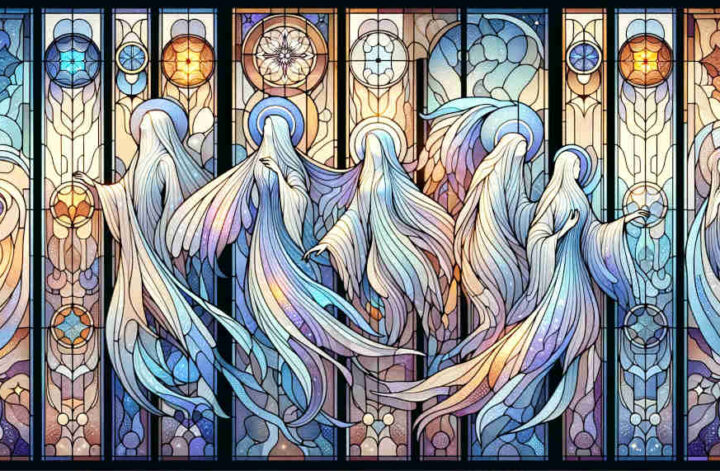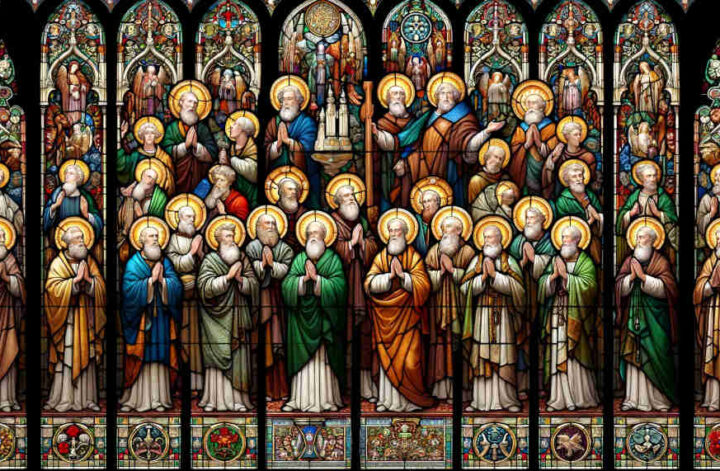Hello Theophilus,
I’ve always been fascinated by the supernatural and recently I’ve been wondering about the Christian view on a specific subject. Do Christians believe in ghosts? I would appreciate your insights on this matter.
Kind regards,
Marcus
Do Christians Believe in Spirits Beyond Our World?
Dear Marcus,
The topic of ghosts is indeed a captivating one, and it stirs much curiosity within and outside of Christian circles. To address your question: the belief in the existence of ghosts, as commonly depicted in culture – as spirits of the deceased who may interact with the living – varies among Christians.
The Bible does not explicitly support the common notion of ghosts, if by that we mean the spirits of deceased individuals returning to engage with the living on earth. Rather, Christian scripture often speaks of spirits in the context of angels, demons, and other heavenly or spiritual beings. A key passage that is frequently cited is when Jesus Himself says in Luke 24:39, “See my hands and my feet, that it is I myself. Touch me, and see. For a spirit does not have flesh and bones as you see that I have.” This was to show that He was not a disembodied spirit or ghost, but rather resurrected in bodily form.
Moreover, the concept of an afterlife in Christianity is focused on the eternal destiny of souls in heaven or hell after judgment, not a prolonged existence on earth. The idea of the dead being conscious and active on earth does not align with the traditional Christian understanding of life after death as outlined in Hebrews 9:27, which speaks of death followed by divine judgment.
Nevertheless, some Christians may believe in ghosts, often influenced by personal experiences or cultural traditions rather than orthodox Christian teaching. It’s important to distinguish between these personal beliefs and what the Christian doctrine traditionally states about the afterlife and the supernatural world.
In summary, while personal beliefs on the matter of ghosts can vary among Christians, traditional Christian doctrine does not support the idea of ghosts as spirits of the deceased interacting with the living. Instead, it presents a view of life after death that is definitive and final, pointing towards the hope of resurrection and eternal life.
May your search for understanding lead you to peace and knowledge within the vast sea of Christian thought and beyond.
In Faith,
Theophilus

